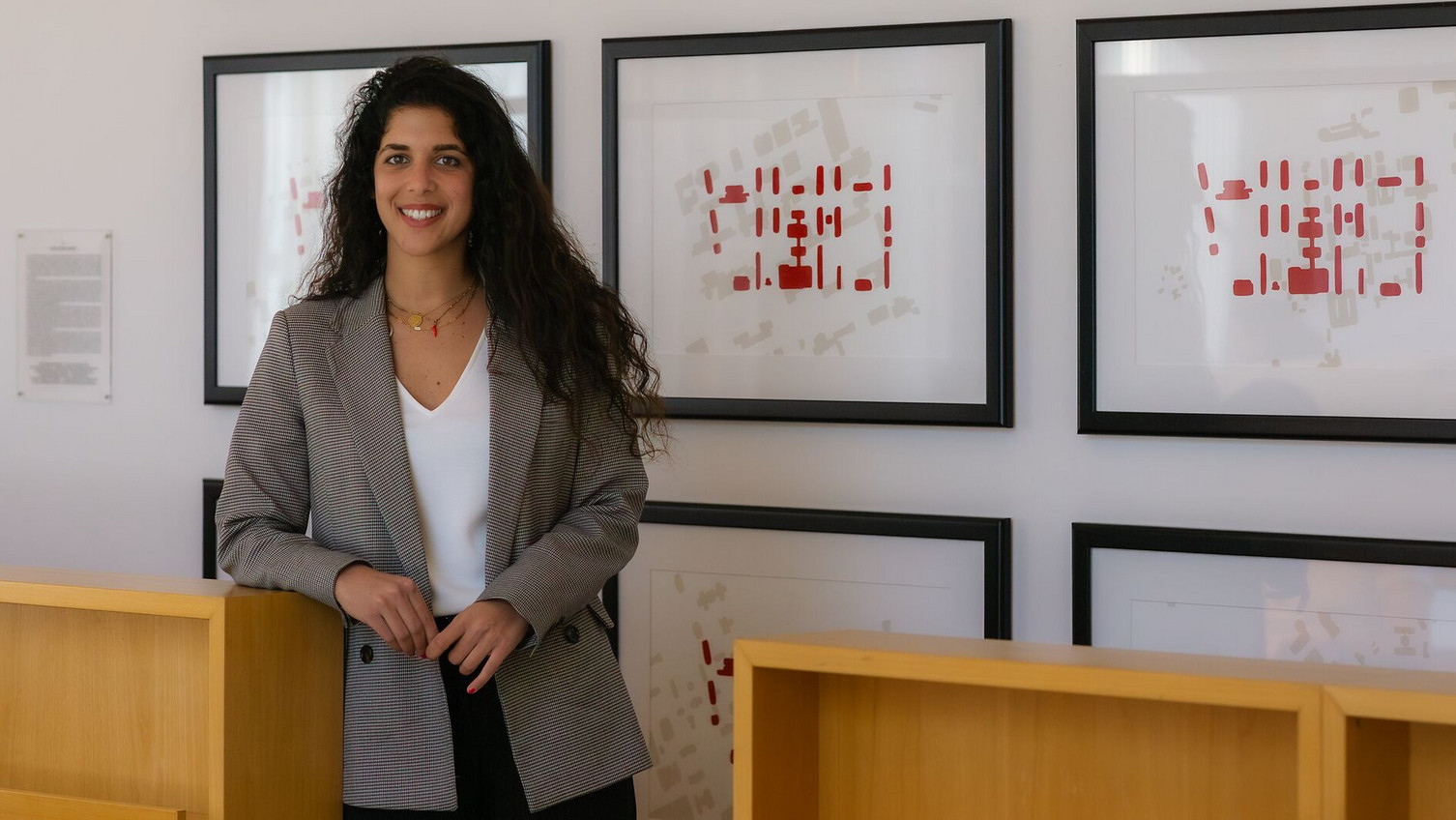New at Leuphana: Prof. Dr. Hana Attia – When states and international organizations punish
2025-04-02 When are economic sanctions imposed on a country? How are they designed? When do they end? The junior professor of security policy and peace researches the decision-making process of states and international organizations in responding to threats of international peace and security. She teaches and conducts research at the Institute of Political Science and is also a Research Fellow at the German Institute for Global and Area Studies (GIGA) in Hamburg.
The high number is surprising: more than 460 cases of sanctions have been imposed worldwide in the post-Cold War period alone – for example against Russia, Mali, Syria and Iran.[MOU1] Sanctions are intended to change the behavior of states, constrain their capabilities, and/or send a signal to the world: “We do not tolerate this violation of norms.” The misconduct can range from human rights violations – as in the case of Sudan – to wars such as in the case of Russia or the proliferation of nuclear weapons in the case of Iran.
Prof. Dr. Hana Attia, junior professor of security policy and peace, analyzes large amounts of data to find patterns: “I evaluate official governmental documents,” explains the researcher. She co-created the International Sanctions Termination Dataset, a large-N dataset containing information on the imposition, design, termination, and outcome of 399 international sanctions cases imposed from 1990 to 2018.
The political scientist investigates when heads of state and government use sanctions as a foreign policy instrument and sources of bias in this process: In her dissertation “Biased Coercion: The Imposition, Management, and Termination of US Sanctions”, she examined how domestic and international conditions influence the imposition, management, and termination of US sanctions. Her research shows that sanctions are often politically motivated, i.e. they are not only related to the misconduct of a state, but also to the interests of the sanctioning states. Furthermore, the credibility of sanctions is often undermined by a lack of realistic exit strategies.
However, South Africa shows how effective sanctions can be: “Apartheid was ended by pressure from the international community,” explains Hana Attia. Nevertheless, sanctions can also cause great damage at the same time: “The sanctions against Saddam Hussein's regime hit the population hard. Infrastructure and the health system in Iraq collapsed. Since then, sanctions have been designed to be more targeted, but in many cases, humanitarian consequences still seem inevitable,” explains Hana Attia.
Generally speaking, the longer sanctions last, the less effective they are: “States can adapt to the measures.” Russia is one such case: “Initially, sanctions had a larger impact on the Russian economy than we are observing today,” explains Hana Attia. Nevertheless, the German population, for example, continues to support the sanctions: “They tend to take a moral stance and demand that companies almost overfulfill the measures.” The attitude of the civilian population towards sanctions is another of Hana Attia's research interests.
Hana Attia completed her doctorate at the Graduate School of the Social and Behavioural Sciences (GSBS) at the University of Konstanz in 2023. She completed her BA and MA in political science at the University of Mannheim, specializing in international relations and quantitative methods. She was a Fulbright Visiting Scholar at the American University in Washington, DC, and a DAAD Visiting Graduate Student at Johns Hopkins University. In 2025, she was appointed junior professor of security policy and peace at Leuphana. The professorship is a joint appointment with the GIGA, where she will also conduct research at the Institute for Middle East Studies. Before moving to Leuphana, she was a Postdoctoral Fellow at the University of Salzburg (2023–2025) and a Research Fellow at GIGA (2018–2023). Her work has been published in international peer-reviewed journals such as, International Studies Quarterly, Journal of Global Security Studies, Journal of Peace Research, European Economic Review, Review of International Economics, and Zeitschrift für Internationale Beziehungen.

